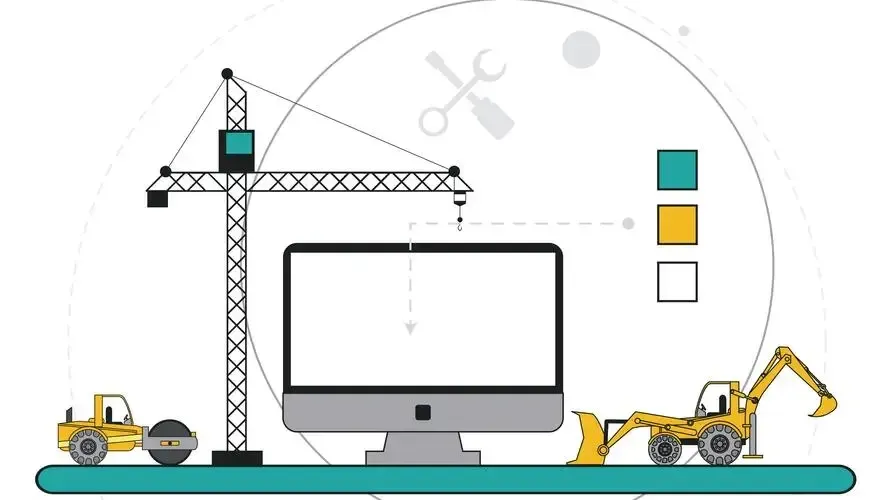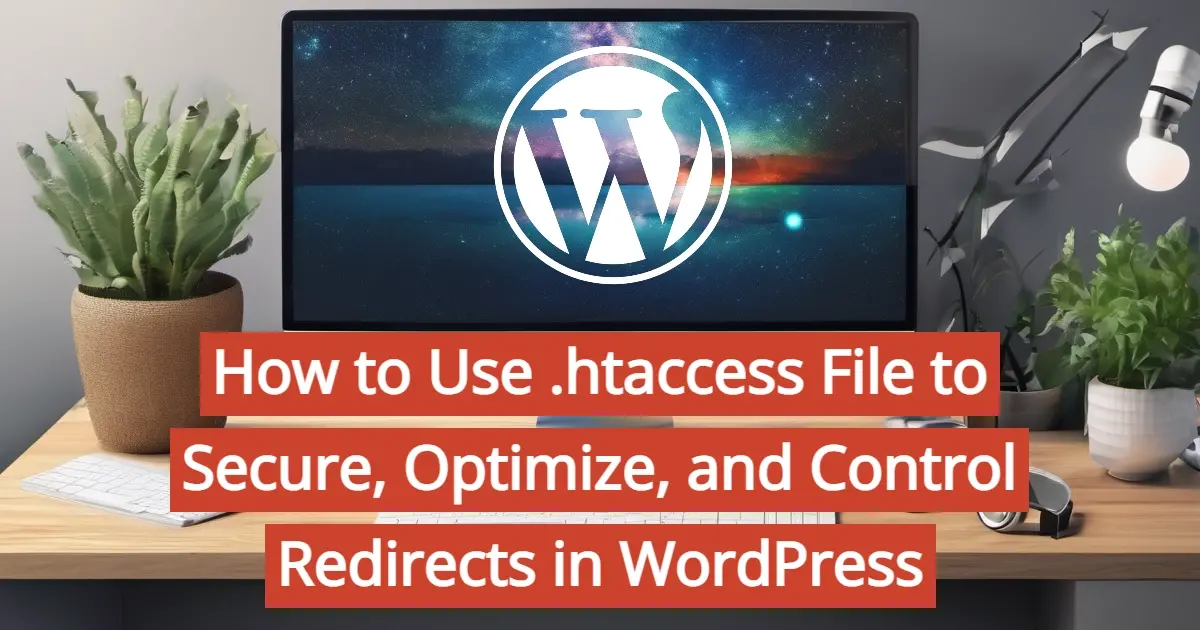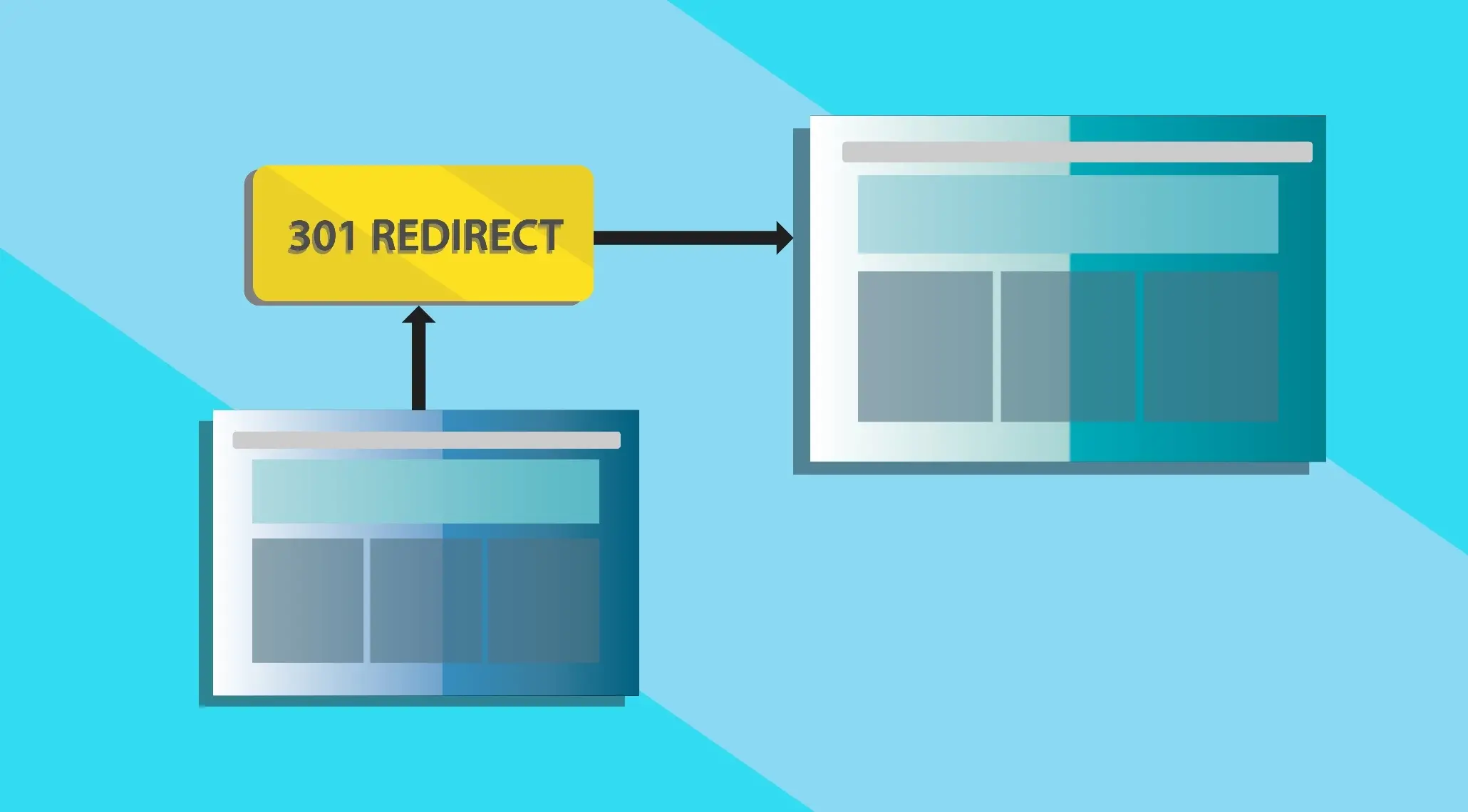WordPress users often wonder to themselves: How many WordPress plugins should I install on my website? How many plugins are too many?
WordPress plugins are similar to apps for your site; they can help increase the functionality of your site. Through plugins, you can add contact forms, improve your SEO, make an online store, and much more.
Even though WordPress is one of the most popular content management systems (CMS) in the world, it likely wouldn’t be the CMS we know and love without plugins. Currently, there are more than 54,000 plugins to choose from, which can be a little intimidating. While there are both free and premium paid WordPress plugins, here are the ones you should install, and what type of plugins you should avoid.
What WordPress Plugins to Install
Not all plugins were made equal, but here are some of our favorite WordPress plugins you need for your site.
Hummingbird
If your site takes longer than two seconds to load, your visitors are already bouncing off your site. That means your ranking on search engines like Google might be hurt, and you are losing sales from visitors bouncing off your site.
Hummingbird helps to solve this problem by scanning your site and finding the weaknesses, helping to optimize your site quickly. It effectively teaches you hot to make a Wordpress website more efficient. The plugin also helps to cache pages, minifies, compresses, and merges.
HubSpot
This WordPress plugin helps you to capture your visitors’ information much more efficiently. It will collect any submissions off of forms and then add those leads into your CRM. There, you can segment your contact database into different lists and customize your emails.
W3 Total Cache
W3 Total Cache was created to help increase the page load speed by reducing download times. To learn how to SEO to WordPress sites, simply follow the instructions that the W3 Total Cache plugin asks you to do. It is one of the best WordPress cache plugins because it does the job consistently well and is frequently updated.
Defender
Because WordPress is such a popular choice for many new and experienced website owners alike, it is often a target for hackers because it is easier to infiltrate millions of websites quickly.
As a WordPress site owner, you must take the security of your website seriously. The plugin Defender will search your site for any vulnerabilities. If any are found, the plugin alerts you, and you can clean up any problem spots with just one click.
Akismet
If you have a ton of comments on your site that look like spam, Akismet can help filter them out.
Google Analytics +
Knowing how many visitors come to the page and how long they stay is important data that site owners often like to track. Knowing this information can help you know what to improve on your site to improve the user experience. The Google Analytics + plugin is a helpful tool that helps you to see the page views, average visit duration, referrers, bounce rate, and more.
Google XML Sitemaps
One important thing you need to learn is how to add a sitemap in WordPress. Having an XML sitemap is an extremely important feature of your WordPress website because it helps search engines index your site. Without a sitemap, your ranking on search engines would be significantly lower. Google XML Sitemaps makes it easier to create a sitemap.
What Plugins To Avoid
As you learn how to build a WordPress site, you might be frantic about how many plugins you’ve downloaded. But, you don’t necessarily need to worry about the number of plugins you have installed on your WordPress site, but instead, think about the quality. One badly-coded plugin can slow down your website drastically. Here are a few helpful tips on what type of plugins to avoid:
Read reviews.- Before committing to a plugin, make sure to read the reviews of the plugin. What have past users said about it? This can help you make a better informed decision about your plugin. You can also look at how many people have installed it to get a better idea of its popularity.
Avoid duplicate plugins.- Don’t use two plugins when one plugin does the job better! For example, the plugin Jetpack offers a wide variety of features such as Post by Email, improved site performance, visitor engagement features, and a mobile theme option. Instead of getting multiple plugins that do all these things, efficiently pick just one plugin that does multiple things well.
Keep your plugins updated- Bad actors will find a way to infiltrate your site much easier if you aren’t keeping your plugins updated. When the developer updates the plugin, it’s likely because they are patching up a security flaw. By not updating, you could be opening your website up to a malware attack.
Clean up your plugins- As we mentioned earlier, the quantity of plugins isn’t an issue, but if you aren’t using the plugins, you might be more likely to forget to update them. If you no longer need a plugin, get rid of it to ensure it isn’t accidentally slowing down your website.
WordPress can be a great tool for building a great website. When making your website, choose a hosting provider that specializes in WordPress hosting, an area that we here at Verpex excel in, to make your website maintenance easier for you. Then, make sure to keep your website safe by choosing the right plugins for you.


















